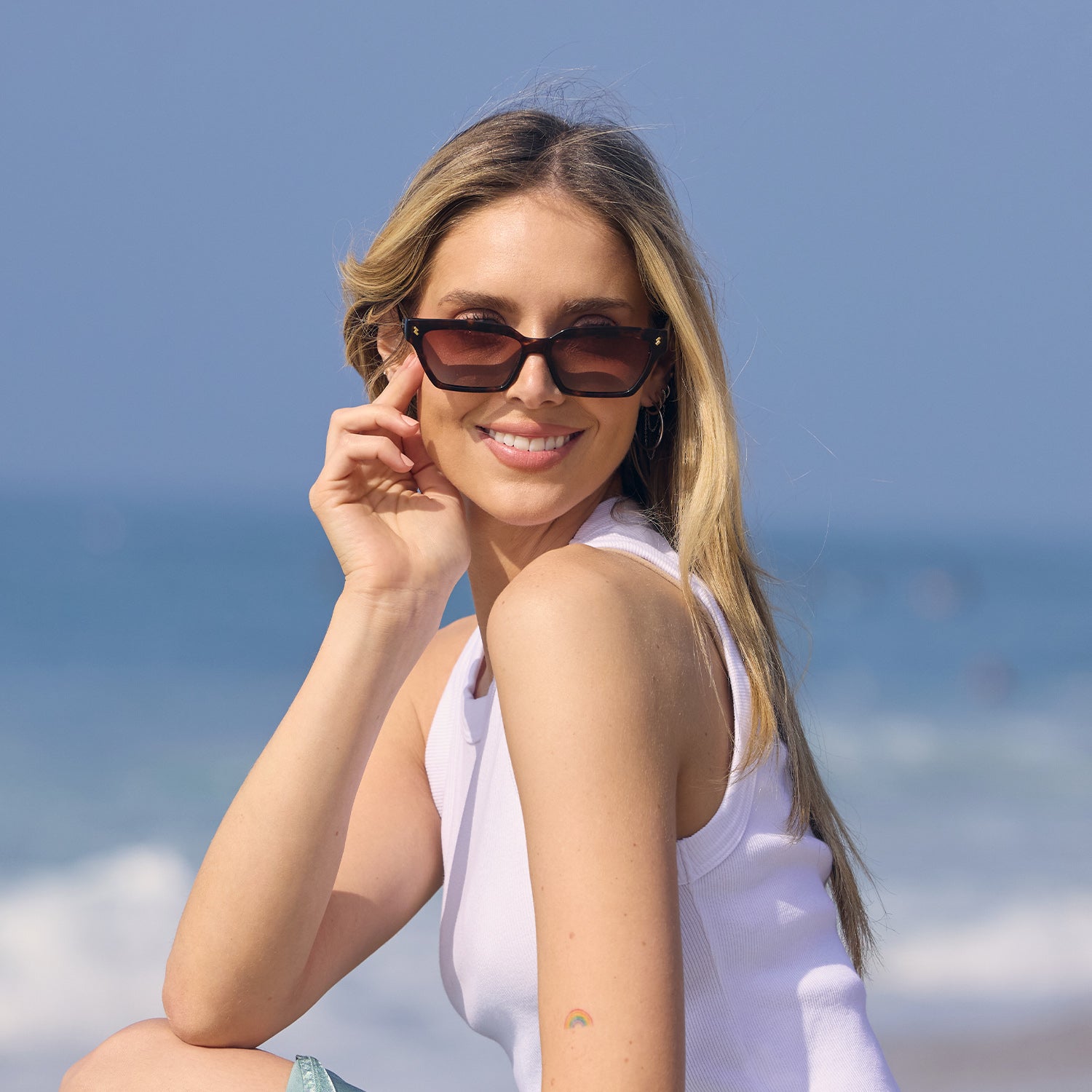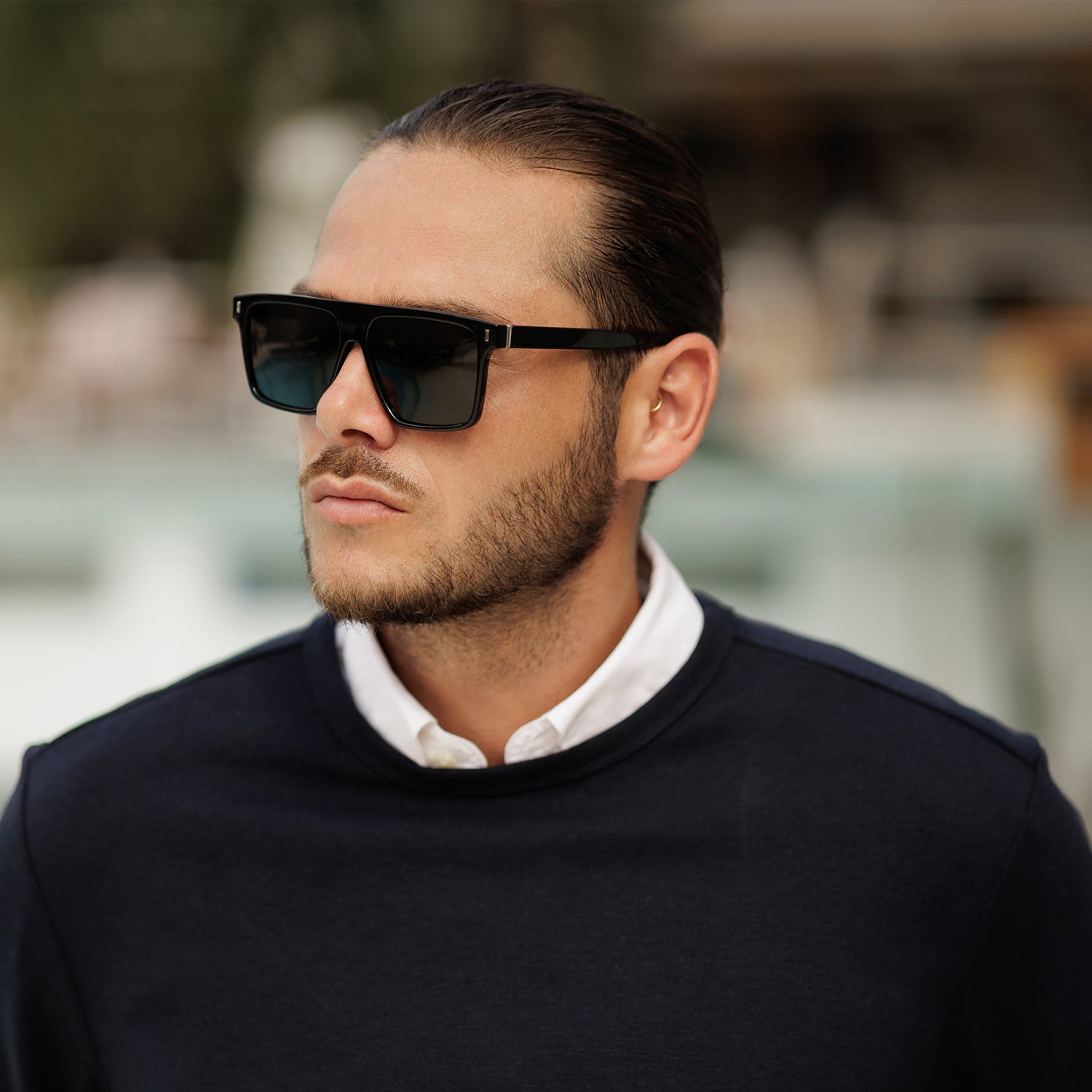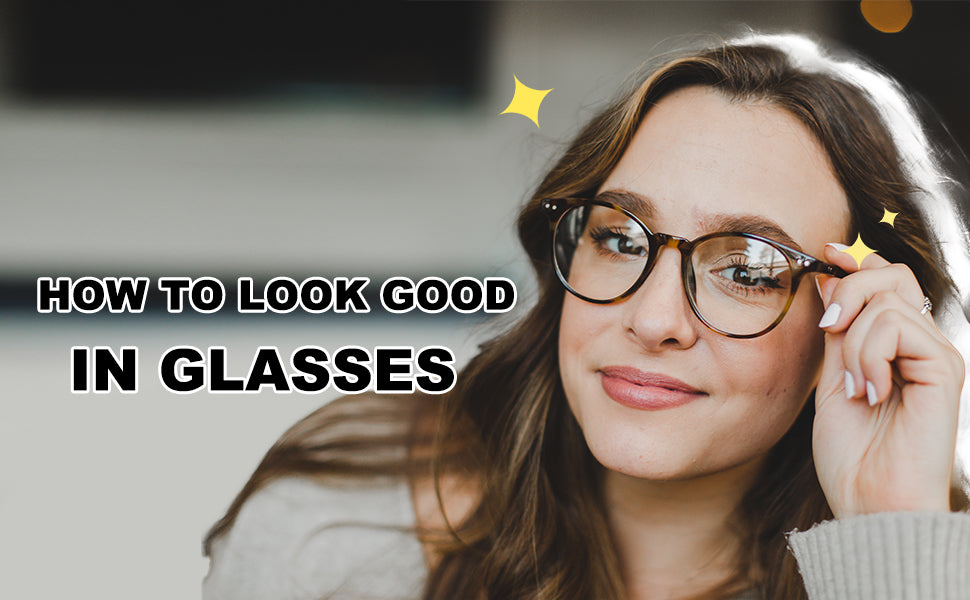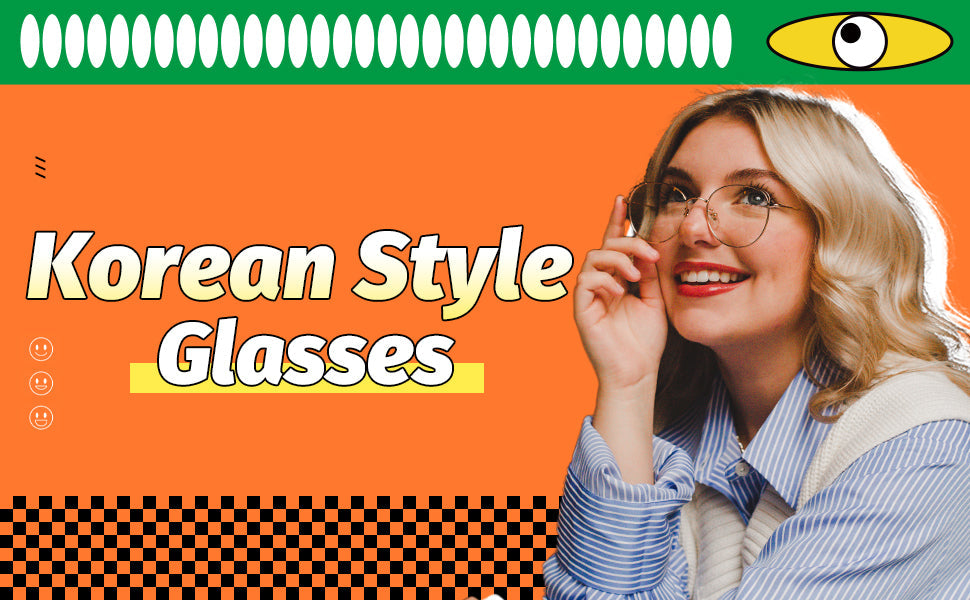
Do People Wear Sunglasses In The Winter?
Sunglasses are for protecting against summer glare and UV rays. That’s what sunglasses are supposed to do. But how wrong could one be with that popular fad? Yes, it’s true; sunglasses protect you against glare and harmful light. Yet, what has that got to do with summer only?
Does the blue light emit from your cellphone and laptops come only in summer? The bright halogen headlamp light from oncoming traffic is striking your eyes in winter too, right? Isn’t the glare during winter bright enough to blind you? And undoubtedly, the ultraviolet rays in winter are as harmful as in summer.
So, if you do not wear sunglasses in winter, how do you escape from these dangerous lighting conditions? Earlier, sunglasses were a fashion accessory. Now it is a lifestyle statement. You wear it because you need it for the way your life is. That says it all. Hence, people do wear sunglasses in the winter too.
However, it would be interesting to understand why people wear sunglasses in the winter and which the best ones for you are.
Light Intensity Different During Winter and Summer?
The intensity of the sun’s rays may vary in different seasons. In summer it is the brightest, while in winter its glare may appear sober. But the fact is that the percentage of ultraviolet radiation more or less remains the same in all seasons. Nevertheless, for many reasons, the need to wear sunglasses in winter is even more important.
The American Optometric Association recommends wearing sunglasses that block both UVA and UVB rays 100% for optimal eye sun safety. It should screen out 75% to 90% percent of visible light.
In some regions, especially snowy areas, winter actually brings a high risk of exposure to UV rays. Sunlight deflects from wet and icy surfaces, producing a strong glare and doubling the exposure to harmful UV rays.
Polarized sunglasses are ideal for shielding your eyes from harmful glare when it’s wet or snowy outside.
Sunglasses for Winter Sports
Outdoor sports and activities, such as skiing, running, and hiking, necessitate the use of suitable eyewear to protect the eyes and keep activities moving smoothly. The most difficult aspect of these winter activities is the deflected light from water and icy surfaces.

The combination of high altitude and reflective surfaces increases your chances of being sunburned and harming your eyes. Photokeratitis, also known as "snow blindness", is the medical term for this temporary blindness.
Many winter sports take place at high altitudes, where the sun's UV rays are intense. Regardless of how much visible the sun is, being on or near snow or ice increases your exposure to UV rays. Water is also one of the most reflecting surfaces, needing proper eye protection for deep sea fishing, rowing, and other related activities.
You should exercise caution during the winter, especially from November to March. Besides preventing snow blindness, wearing protective eyewear can help you deal with winter glare and headaches caused by vision problems.
It is critical to prevent blinding light from entering the eyes while skiing or snowboarding. Wearing the right sunglasses, such as polarized sunglasses, can not only provide adequate eye protection but also enhance your sporting experience if you're hitting the slopes.
Sunglasses Are Fashionable or a Lifestyle Statement?
Sunglasses are fashionable when they are worn as part of an outfit to highlight your personality. It can be oversized or cat-eye, or whichever is popular in your region and season. You may abandon it when it is out of season or no longer fashionable. This is a typical fashion trend characteristic: you wear what is hot and discard what is not.
Lifestyle accessories are worn, regardless of their trendiness. You wear it to create a statement that matches your individuality. Many a time, you may be the only one in a crowd wearing sunglasses, just like the celebs. That is what distinguishes you from the crowd - bold and flamboyant!
Celebrities and social influencers must make a lifestyle statement to maintain their popularity. Summer or winter does not matter to them when deciding whether to wear sunglasses. It accomplishes their goal of drawing attention while also shielding them from direct eye contact in public places.
5 Reasons to Wear Sunglasses In The Winter
- Reduce Glare
- Protect from Harmful UV Rays
- Protect Eyes from Wind, Dust, and Debris
- Reduce Headaches and Eyestrain
- Sunglasses in Winter Improve Vision
Best Women's Sunglasses For Winter
Winter is a wonderful time to celebrate the holidays and spend time with friends and family. Feel and look your best wherever the season takes you this winter with the perfect women's sunglasses.
You may be thinking about holiday shopping as the temperature drop and snow falls. In this winter 2022 season, there is no better way to spend your money than on a pair of fashionable and long-lasting women's sunglasses.

Sporty, Wraparound Sunglasses
If you enjoy winter sports such as skiing, a pair of thick, wraparound sunglasses is a must-have. They not only provide wind and snow protection, but they are also stylish and go well with winter fashion outfits such as snow gear.
Mirrored, Aviator Sunglasses
For a more casual and trendy style try mirrored aviator sunglasses. They are light and may go with whatever you choose to wear. Metallic colors look nice in this style as well. This Christmas season, silver and rose-gold colors will ensure that you shine even brighter.
Oversized, Brown Sunglasses
Where is your holiday destination this winter? Make a statement with oversized, dazzling sunglasses. Bright hues and pastel tones can make you stand out, but a wonderful caramel tint to match your winter fashion sense should not be overlooked.
Conclusion
It is evident that there is a high potential of double the risk of winter glare, and protecting your eyes requires high-quality sunglasses. A cheap sunglass is just pieces of plastic with no protection.
The optic quality and superiority of ophthalmic lenses are so comfortable that people can realize and really appreciate the difference from cheap sunglasses only when they’ve experienced it. Consult your eye experts and get a pair of high-quality sunglasses to wear all year long. This can prevent the double-exposure damage possible to the eyes during the winter.






